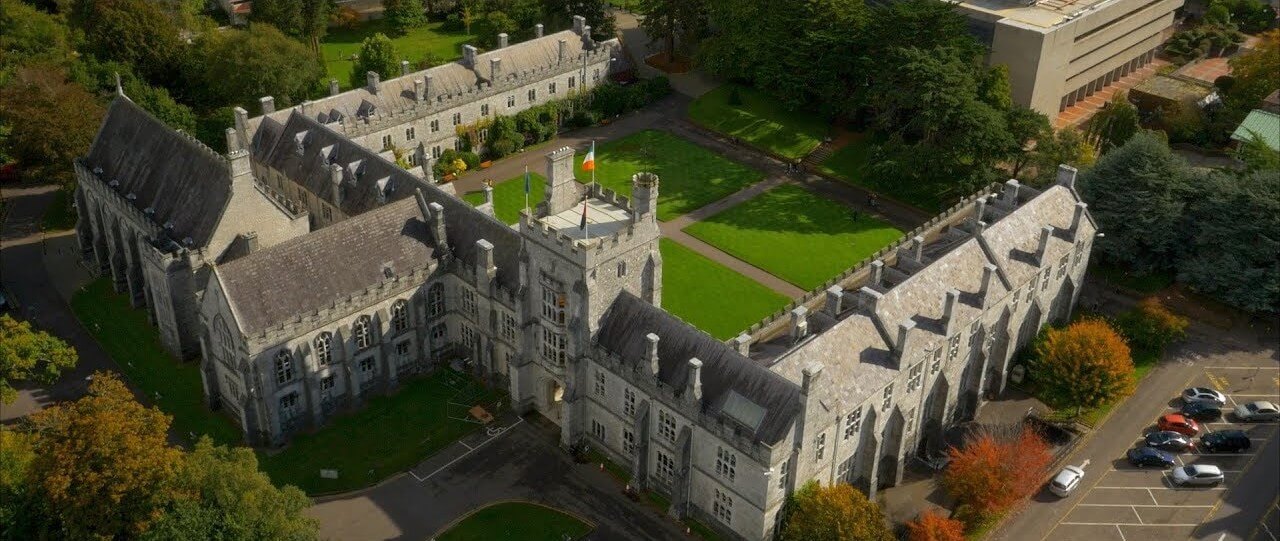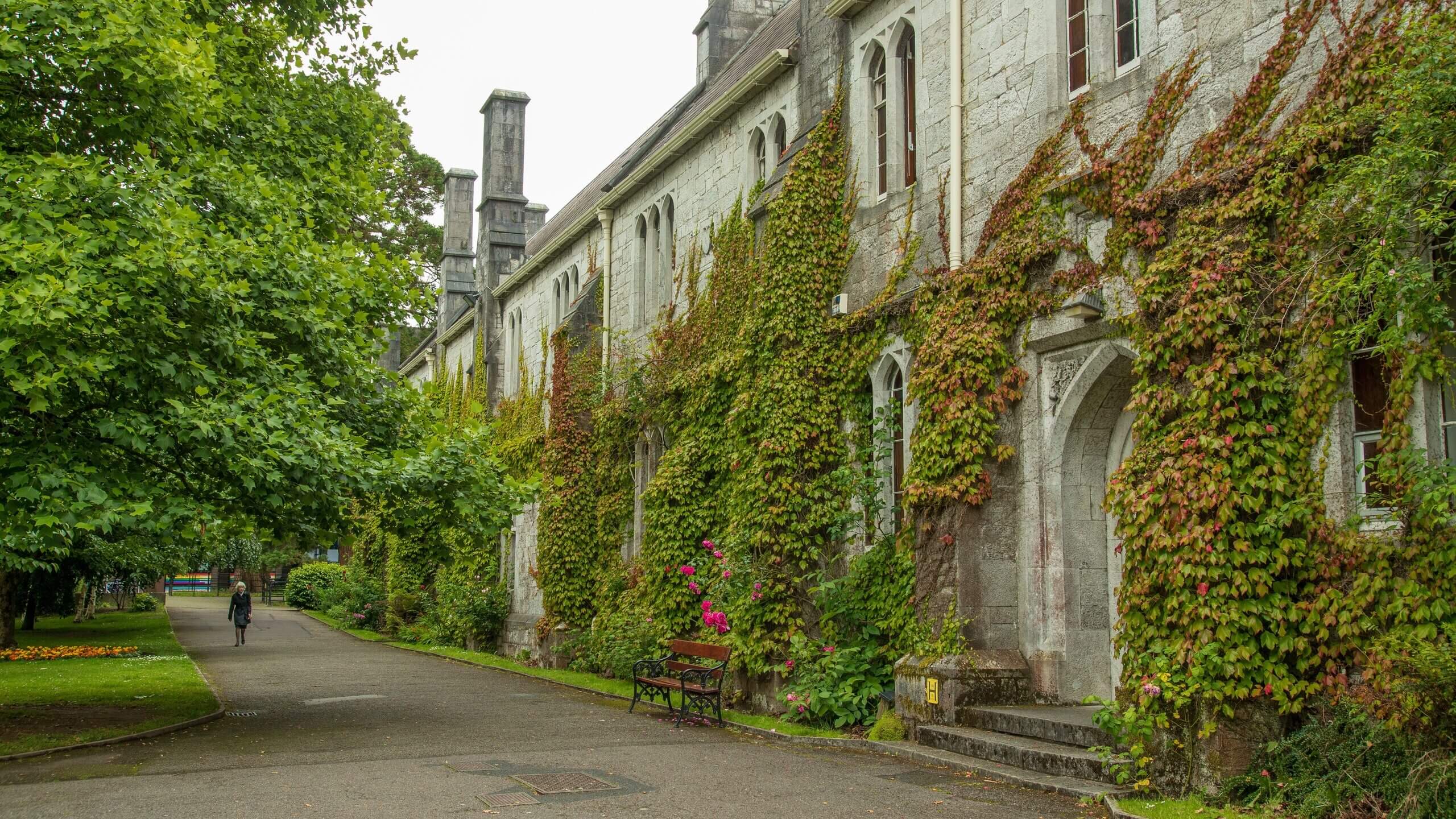📖Program Curriculum
Year 1 Modules:
Refer to CK402 and CK406.
Year 2 Modules:
Biomolecules; Introduction to Forensic Science; Current Perspectives in Genetics; Fundamentals of Organic Chemistry; Main Group and Transition Element Chemistry; Energetics and Kinetics; States of Matter; Structures & Reactions of Main Group Compounds; Aromatics, Carbonyls and Alkenes; Spectroscopy; Structure, Bonding and Quantum Mechanics
Year 3 Modules:
Forensic Analysis; Forensic Psychology; Toxicology; Pharmaceutical Chemistry; Inorganic Chemistry; Physical Chemistry; Analytical Chemistry; Synthesis, Structure and Reactivity of Organic Compounds
Students who have passed Year 3 may opt to be conferred with a BSc Ordinary Degree rather than proceed to Year 4.
Year 4 Modules:
Forensic Genetics and Molecular Biology; Forensic and Legal Medicine; Research Project; Advanced Inorganic Chemistry; Lasers, Photochemistry & Spectroscopy; Interfaces, Microscopy & Modelling; Advanced Organic Synthesis, Biosynthesis and Reactivity; Advanced Methods of Forensic Science; Advanced Analytical Chemistry
See the College Calendar for additional information on the Programme and the Book of Modules for further details on the modules.
Course Practicalities
Expected lecture/lab/practical hours: A typical module may consist of 20 lecture hours, 10 hours of tutorials and up to 30 practical hours. Typically there are up to 20 hours of lectures and up to 10 practical hours per week. Lectures and workshops usually take place in the morning, while practical work is scheduled for afternoons. In the final year, practicals are replaced by a research project.
Show less
Show more











